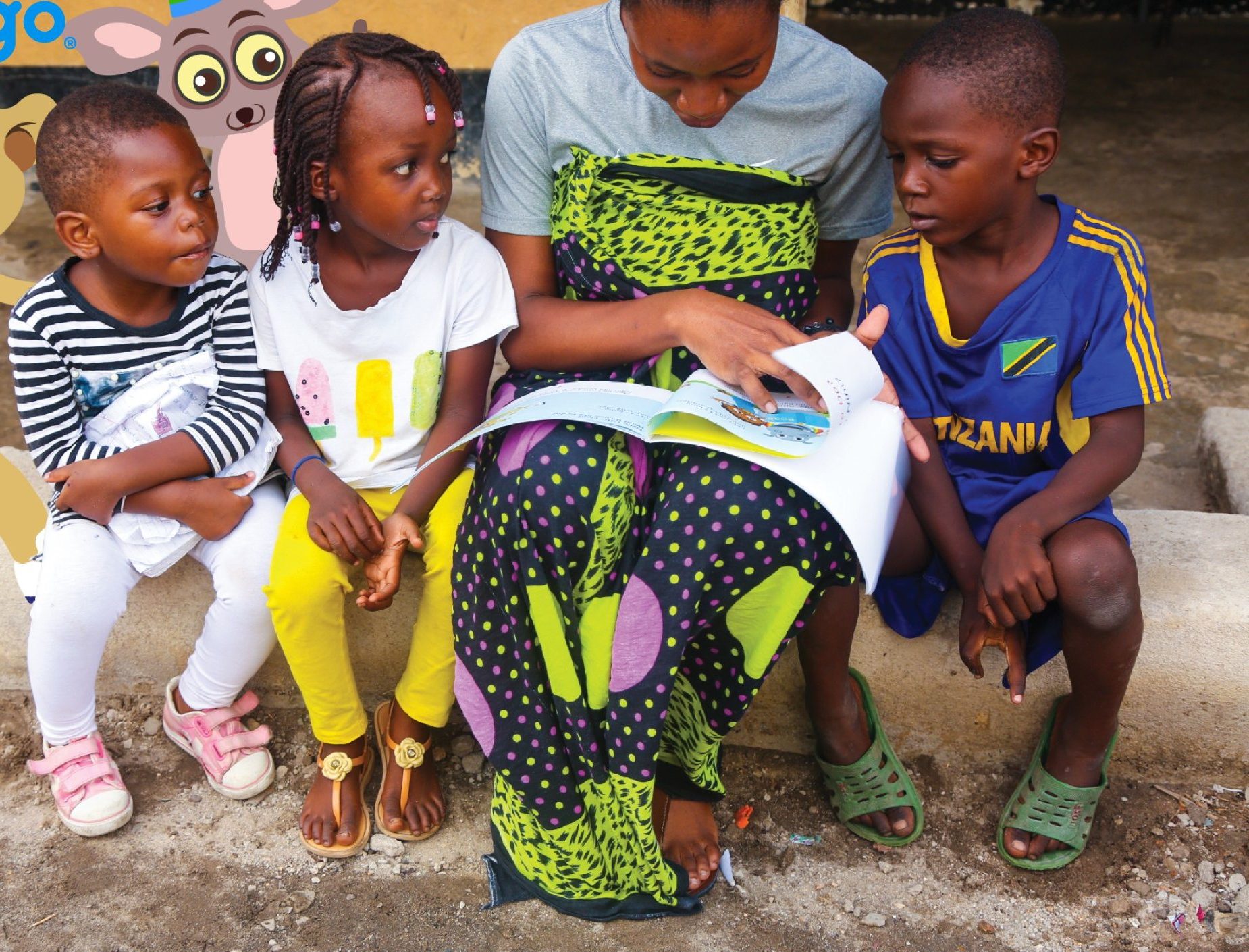Ages two to seven are a critical period in children’s life known as formative years during when cognitive, emotional, and social development takes place.
During this period, children acquire fundamental skills like problem-solving, language, and numeracy through play-based learning. They also develop social-emotional skills like sharing and cooperation.
Experts suggests, “during the formative years, children should be guided in a way to recognize, express, and manage their emotions, while also learning the value of sharing and cooperating with others.
“These interactions improve the child’s emotional regulation and empathy, which establish a base for effective social skills. A well-structured routine during this stage also helps to improve attention span, self-discipline, and adaptability, which are vital for overall growth. Additionally, early childhood education should be centered around cultivating a child’s creativity, curiosity, and emotional awareness along with basic skills like literacy, numeracy, and good peer relationships.”
These important experiences build up memory, language skills, and problem-solving abilities that lay the foundations for later academic success, emotional strength, and a child’s long-term mental and social well-being.
Things to teach the children include:-
- Basic literacy skills
It is very important to teach children how to read and write the alphabets making them to understand the sounds the alphabets makes. Reading with them every day would help them grow their vocabulary and comprehension skills. Helping them to develop attachment to books will keep them loving learning throughout their lives.
Picture books will attract children and make reading a fun and interactive experience for them. Asking your children questions about the story will help them understand it better.
- Basic early learning concepts
Activities such as counting steps, learning the names of items around the home and naming colors and shapes will help the children to be active in learning making education enjoyable and lively for them.
Activities provide them ample opportunity to practice math, language, and fundamental skills in an informal atmosphere. Routine activities and chores augments learning with many benefits improving the cognitive development of the children as well as language skills, problem-solving, and creativity that will establish the child for a well-rounded learning pathway.
- Good habits and routines
Children needs to ingrain good habits early in their life such as daily habits like rising, eating, brushing teeth, and bedtime rituals.
Habits create a consistent schedule for children making them feel safer and learn to manage it with time. Give them responsibilities around the home, such as picking up things, arranging the house or organizing their school bag.
You can make a chart of daily activities to help children understand the sequence of their routine to build discipline around those activities.
- Communicate their needs
Children should be taught to express their needs reasonably with the understanding that part of their duty is voicing their feelings so that others may respond correctly to what they need. If your child says, “I’m thirsty” or “I need help with my shoes,” acknowledge the request and lend assistance. This is a reinforcement of that behavior, making developing their communication skills easier for needing to feel confident expressing themselves.
Encourage your child to express basic needs clearly, such as saying “I’m hungry,” “I need help,” or “My leg hurts.”
- Independence and problem-solving
Always allow the children to attempt dressing themselves, choosing clothes, and doing simple chores anytime they wish to make them think of different solutions when confronted with difficulties instead of doing it all for them every time so as to build their confidence and critical thinking skills.
Sometimes encourage your child to solve small problems that may include what food to eat or how to organize toys. That will make them very independent and confident.
Conclusively, as children grows in the early years, they are just like little sponges, soaking up all things new, absorbing and infusing all kinds of information and skills at a limited speed. Ensure to teach them literacy, math, good habits, social skills, and problem-solving abilities to give them a good foundation for future learning, academic success and emotional well-being in years to come.




